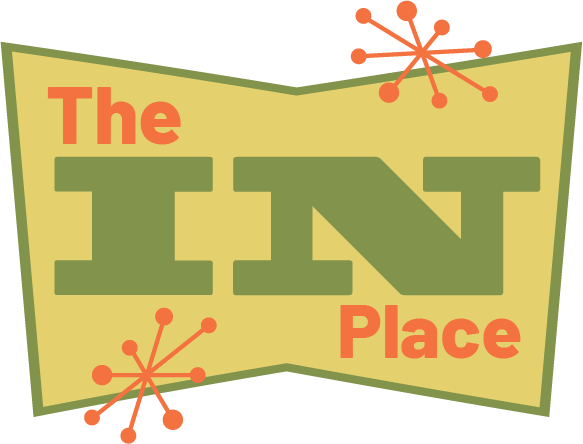Making decisions easier.
Decision making is not an executive function. But I’m sure I have posted in the past about how difficult decision making is for some ADHD people. It is definitely executive function adjacent. It really requires attention, working memory, managing anxiety, managing impulsivity, and sometimes other executive functions like organization and planning. So, pretty much, everything that we suck at. Congratulations! But I’ve had an epiphany recently that I’ve been sharing with a lot of my clients in regards to decision making. We know that in real estate it’s all about location, location, location. I always say that ADHD management is all about planning, planning, planning. I know I posted recently about the idea that the most important time you spend is the time you spend planning how to spend the rest of your time. (Feel free to reread that. It’s a mouthful. For me. Maybe an eyeful for you…) As I dive deeper into teaching planning to a variety of different kinds of clients, with differing emotional relationships to the idea of creating a plan or a schedule, I realize that decision making plays such an important role in our function or dysfunction. Decision-making will always be easier when we limit the decision set. We tend to get overwhelmed when we have to choose between everything and everything else. We get overwhelmed when we have to choose between a variety of very different things. And we get overwhelmed when we have to choose when we are not at our best. So how do we make choice easier? Planning! Really, what planning is, is front loading the executive function. So it may be uncomfortable or difficult to sit down for 15 or 20 minutes and plan your day. I am not saying that it’s not difficult. Especially at the beginning it…
